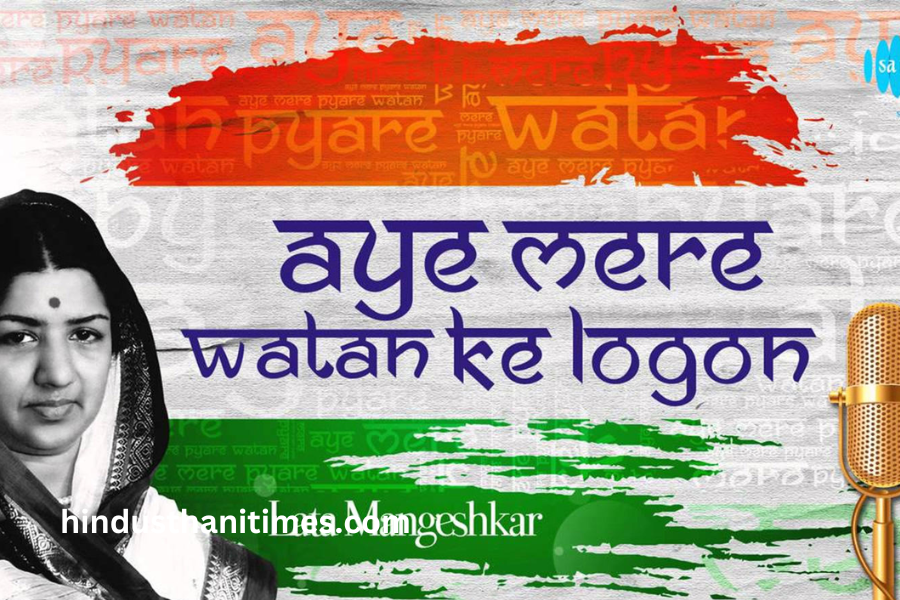The Indian Railways is one of the largest railway networks in the world, catering to millions of passengers every day. One of the key components of this vast system is the TTE lobby, which plays a crucial role in ensuring the smooth operation and safety of the trains. The TTE lobby is responsible for ticket checking, passenger assistance, and maintaining order within the train. In this article, we will explore the importance and responsibilities of the TTE lobby in Indian Railways, the challenges faced by TTEs, how to become a TTE, daily tasks and routines, tips for a successful career, and the evolving role of TTEs in Indian Railways.
Importance and Role of the Tte Lobby
The TTE lobby in Indian Railways is of paramount importance as it ensures that only valid ticket holders are present on the train. This not only helps the Railways maintain revenue but also ensures the safety and security of the passengers.
TTEs are responsible for checking tickets, verifying passenger identities, and maintaining proper records during the journey. They also play a crucial role in handling any emergencies or unruly behavior within the train. The TTE lobby acts as a bridge between the passengers and the Railways, ensuring a smooth travel experience for everyone.
Responsibilities of a Tte in Indian Railways
TTEs in Indian Railways have a diverse range of responsibilities. Their primary role is to check tickets and ensure that all passengers are traveling with valid tickets. They have the authority to levy fines on passengers found without tickets or with tickets that are not valid for the journey.
TTEs also assist passengers in finding their seats or berths, provide information about train schedules and amenities, and handle any grievances or complaints raised by passengers. They are responsible for maintaining discipline within the train and ensuring that all passengers follow the rules and regulations set by the Railways.
Challenges Faced by Ttes in the Indian Railways System
Being a TTE in the Indian Railways system comes with its own set of challenges. One of the biggest challenges faced by TTEs is dealing with overcrowded trains, especially during peak travel seasons. It can be difficult to check tickets and maintain order when the train is packed with passengers.
TTEs also face challenges in dealing with unruly passengers or those who refuse to cooperate. Additionally, TTEs often have to work long hours, sometimes with minimal rest, which can be physically and mentally exhausting. Despite these challenges, TTEs strive to provide the best possible service to passengers and ensure a safe and comfortable journey.
How to Become a Tte in Indian Railways
Becoming a TTE in the Indian Railways is a dream for many aspiring candidates. To become a TTE, one must meet certain qualifications and undergo rigorous training. The basic educational qualification required is a high school diploma or equivalent. Candidates must also meet the age criteria set by the Railways.
The selection process for TTEs includes a written examination, followed by a physical fitness test and a personal interview. Those who successfully clear these stages are then trained in various aspects of ticket checking, passenger assistance, and emergency management. Once the training is complete, the candidates are assigned to different zones within the Indian Railways system.
Training and Qualifications Required for Ttes
TTEs undergo comprehensive training to equip them with the necessary skills and knowledge for their role. The training includes theoretical classes as well as practical sessions. TTEs are trained in ticket checking procedures, passenger management, emergency handling, and first aid.
They are also taught about the rules and regulations of the Indian Railways system and the rights and responsibilities of a TTE. In addition to the training, TTEs are required to possess good communication skills, patience, and the ability to handle stressful situations. A TTE should be well-versed with the various aspects of train travel and be able to provide accurate information to passengers.
Tips for a Successful Career as a Tte in Indian Railways
The daily tasks and routines of a TTE in Indian Railways can vary depending on the type of train and the duration of the journey. However, some common tasks include checking tickets, verifying passenger identities, and maintaining records. TTEs also assist passengers in finding their seats or berths and provide information about the train’s schedule, amenities, and upcoming stations.
During the journey, TTEs regularly patrol the train to ensure that passengers are following the rules and regulations. They handle any disputes or conflicts that may arise among passengers and take necessary action, if required. At the end of the journey, TTEs submit their reports and hand over charge to the next TTE or the station authorities.
Tips for a Successful Career as a Tte in Indian Railways
To have a successful career as a TTE in the Indian Railways, it is important to possess certain qualities and follow certain tips. Firstly, good communication skills are essential to effectively interact with passengers and address their queries or concerns. Patience and the ability to remain calm in stressful situations are also crucial.
TTEs should be punctual and disciplined, as they are expected to set an example for the passengers. It is important to stay updated with the latest rules and regulations of the Indian Railways and be proactive in learning new skills and techniques. Building good relationships with colleagues and superiors can also contribute to a successful career as a TTE.
Improving Customer Service in the Tte Lobby
Providing excellent customer service is a key aspect of the TTE lobby in Indian Railways. There are several steps that can be taken to improve customer service in the TTE lobby. Firstly, TTEs should be trained to handle customer queries and complaints effectively and with empathy. They should be proactive in providing information and assistance to passengers.
Regular feedback from passengers should be sought to identify areas of improvement and address any grievances. Technology can also be leveraged to enhance customer service, such as providing real-time updates on train schedules and amenities. By focusing on customer satisfaction, the TTE lobby can contribute to a positive travel experience for passengers.
Conclusion
The TTE lobby in Indian Railways plays a vital role in ensuring the smooth operation and safety of the trains. TTEs are responsible for ticket checking, passenger assistance, and maintaining order within the train. Despite the challenges they face, TTEs strive to provide the best possible service to passengers and ensure a safe and comfortable journey.
To become a TTE, candidates must meet certain qualifications and undergo rigorous training. Customer service in the TTE lobby can be improved through effective communication, proactive assistance, and leveraging technology. As the Indian Railways system evolves, the role of TTEs will continue to adapt to meet the changing needs of passengers and ensure a seamless travel experience.



